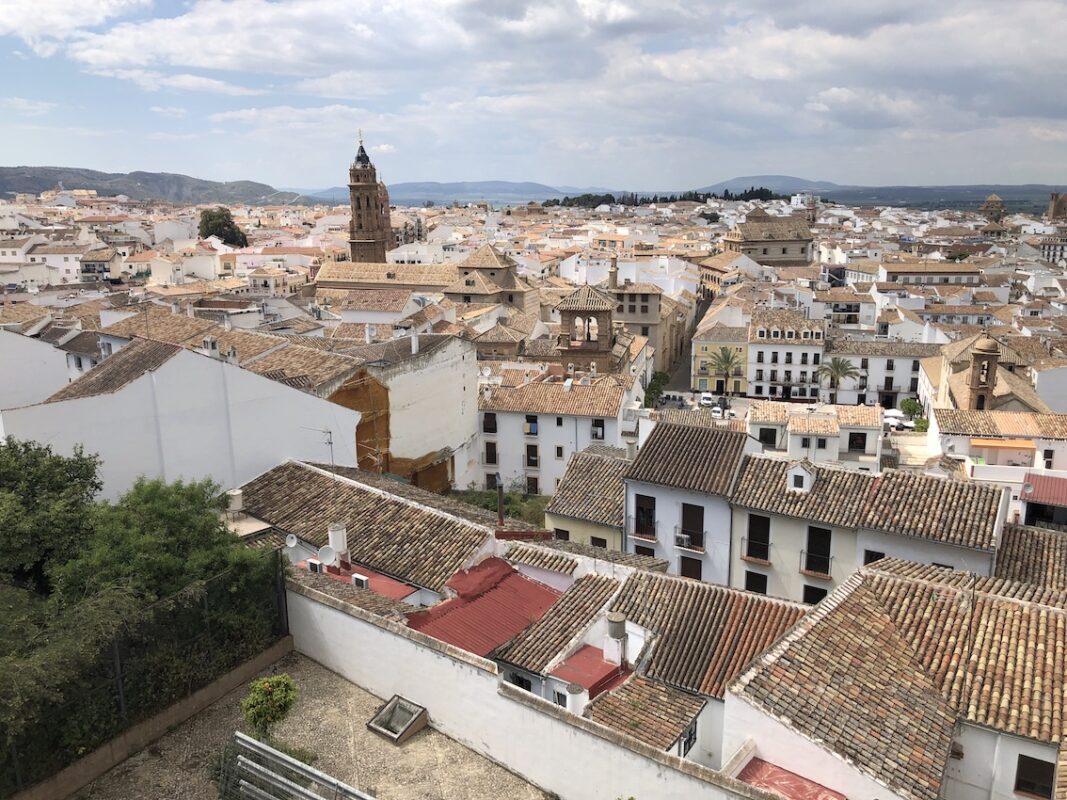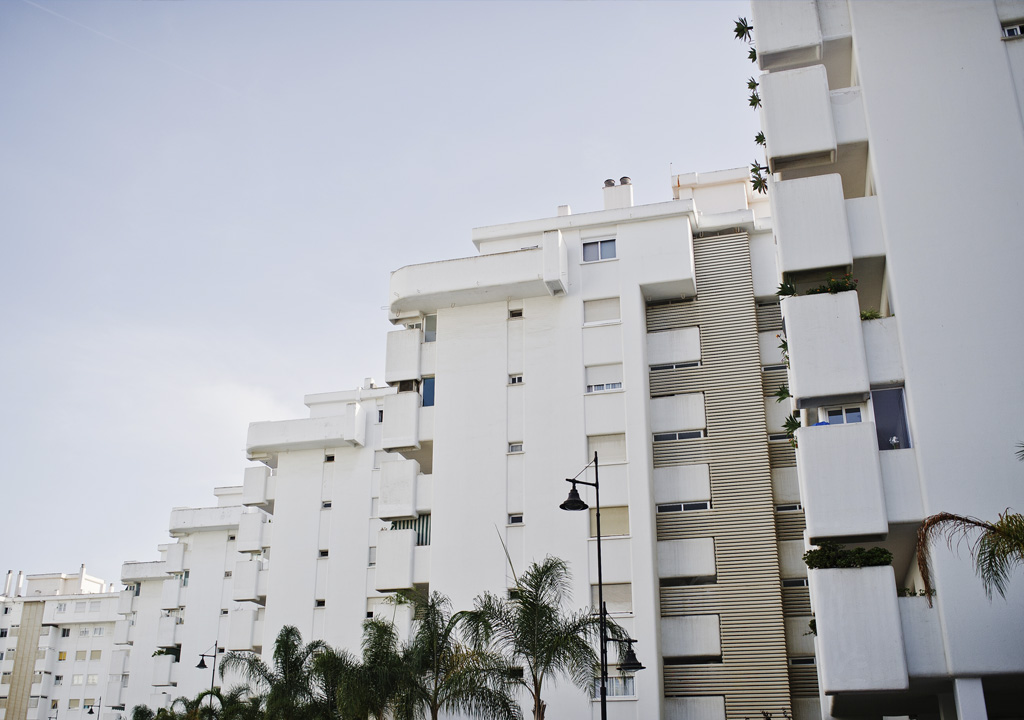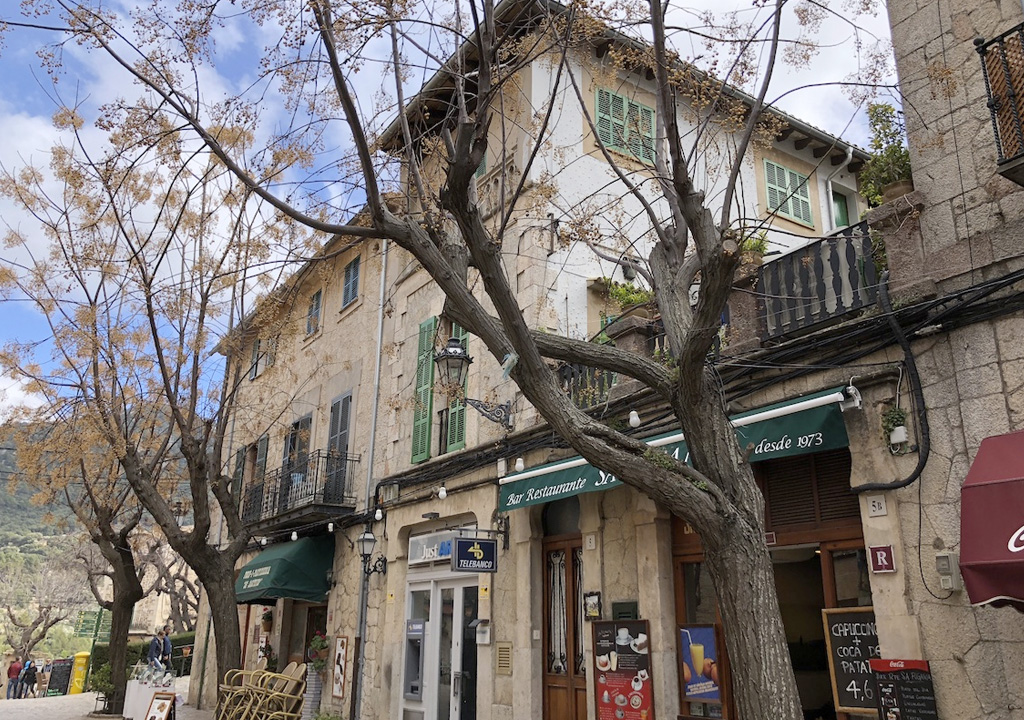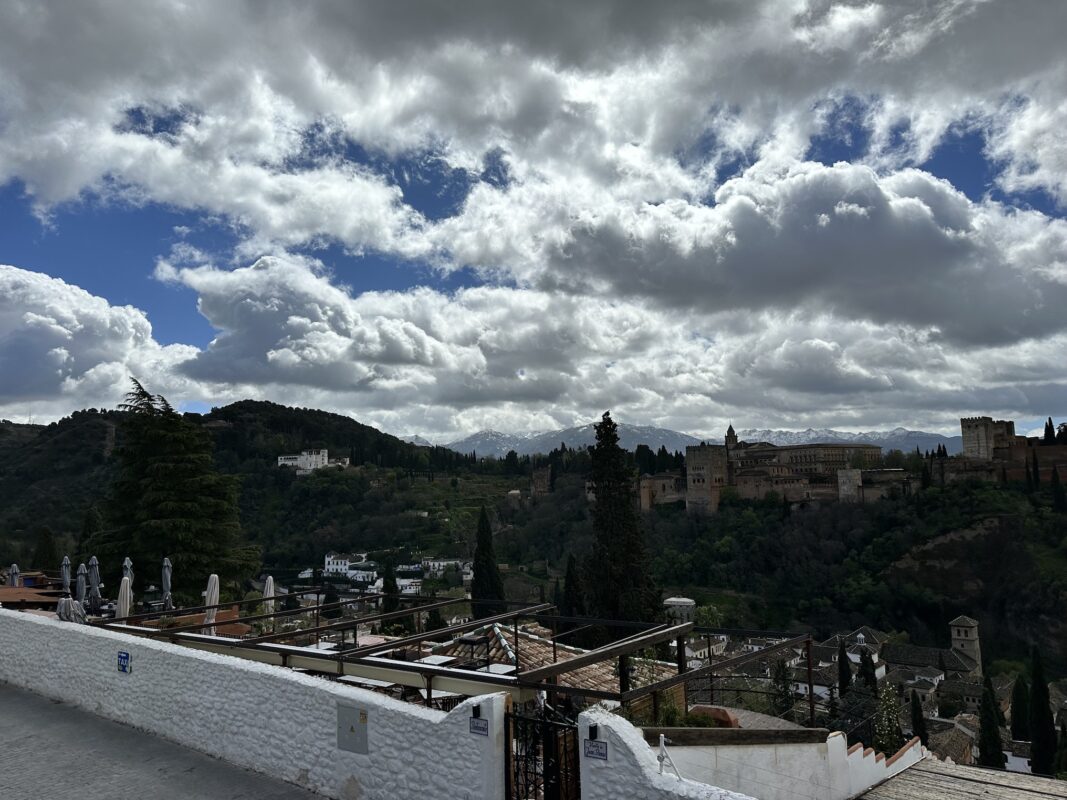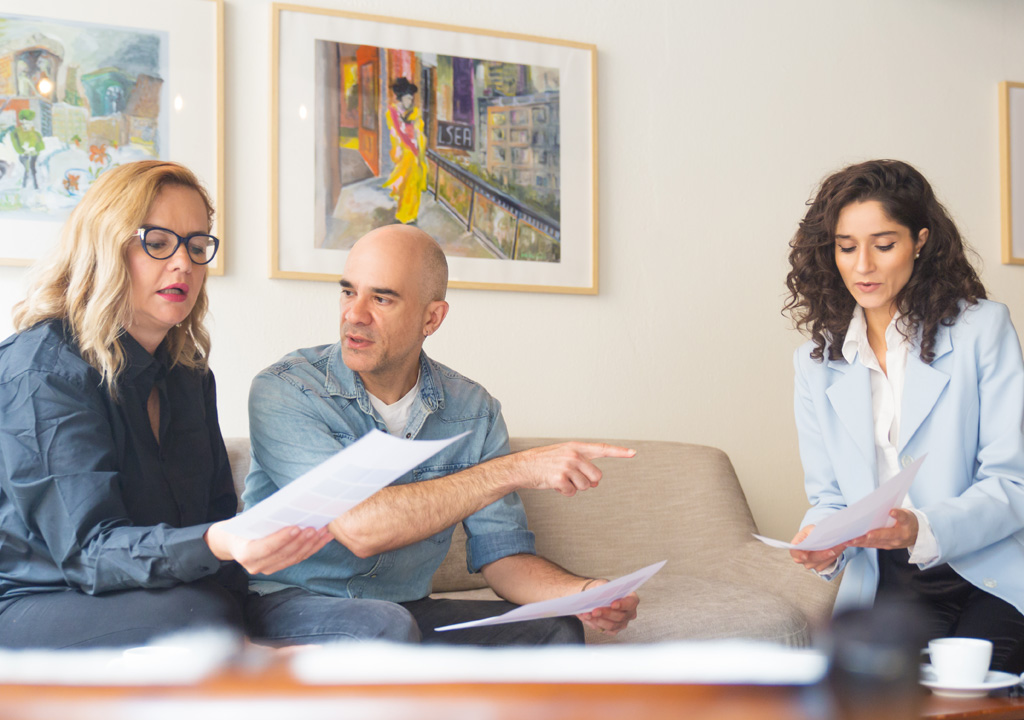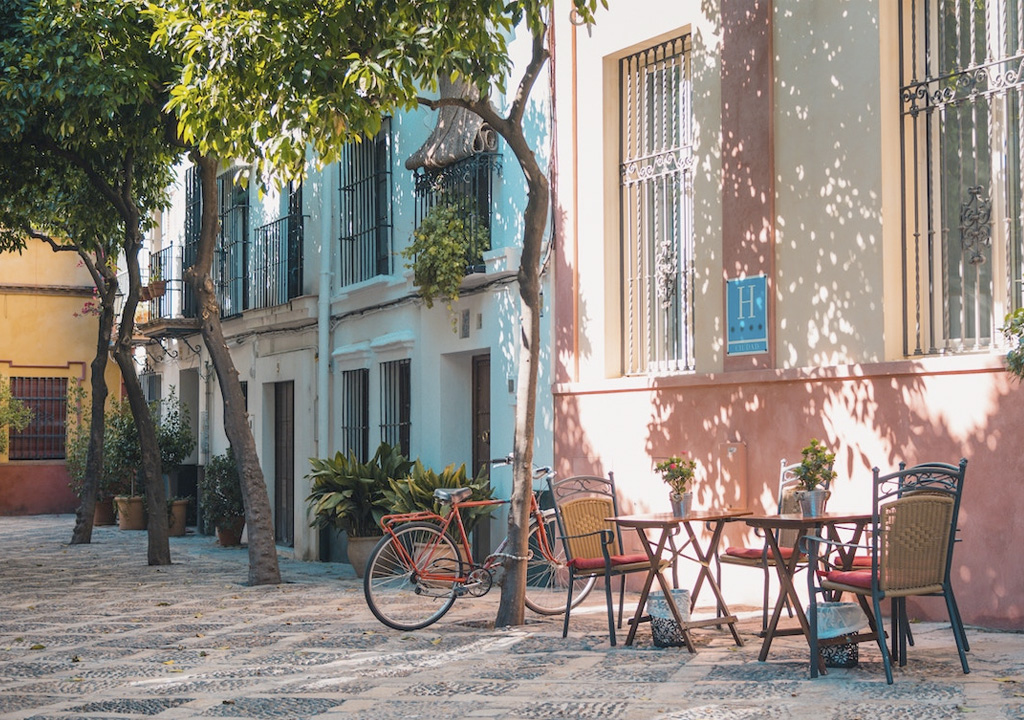Mortgages in Spain
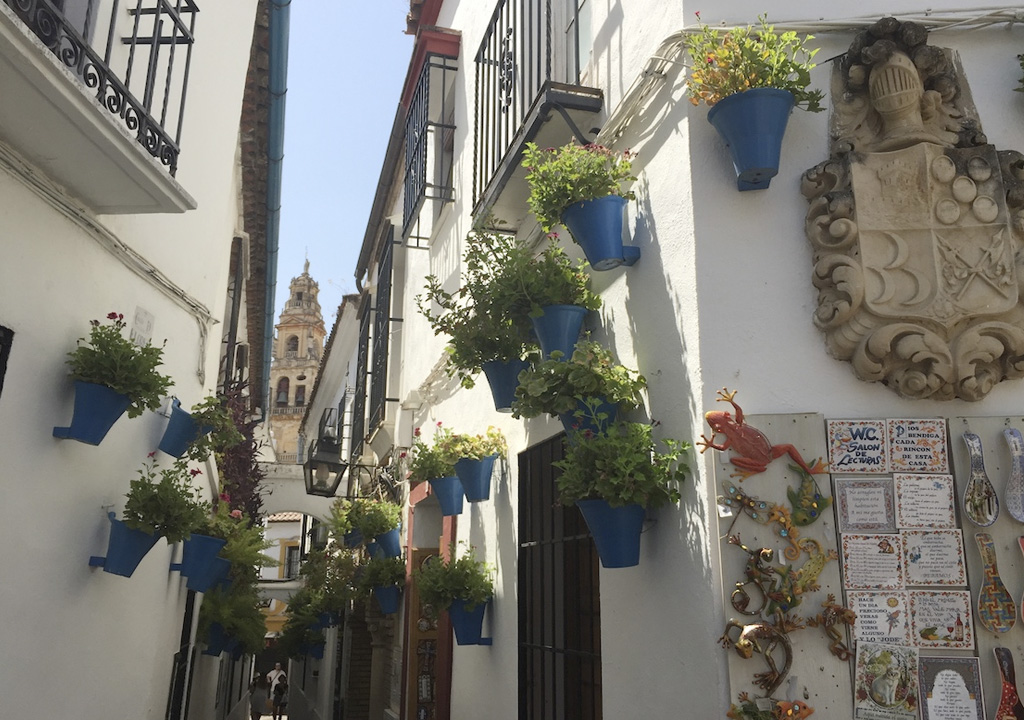
The purchasers of a property in Spain as a second residence often require a mortgage.
Getting such finance is quite feasible, and many mortgages are granted regularly in Spain for non-residents.
However, it is useful to know and understand at least the basic intricacies of the local mortgage application and granting, as these peculiarities do differ, and considerably, of the mortgage regulation in the UK.
After the recent financial turbulence and the debacle of many financial institutions, the whole Spanish banking system has gone through a restructuring, and currently, not all banks do grant mortgages for non-residents (actually, some institutions do not even accept non-residents as bank´s clients).
Only the major Spanish banks have specific loans and credit facilities for non-residents.
The mortgages are ruled by an old Law (The Mortgage Law, passed in 1946) and it is quite strict and formal, which makes the process and particularities often hard to grasp by non-Spaniards.
The process, from the very beginning to the completion, can be divided into three main phases: the application, the completion and the registration.
The application for a mortgage
Those banks who accept non-residents as borrowers offer an LTV (or capital granted as a percentage of the property value) of a maximum of 80 %, with some banks giving only up to 60 % of same value.
It is advisable to seek the advice of a local broker or solicitor to find the best conditions, as some banks do offer better terms in certain areas, or depending on the finances and/or personal circumstances of the applicant, etc.
Also, virtually all banks have their own real estate agencies, through which they sell properties they have repossessed, properties of developments and complexes financed by themselves, etc., and the properties marketed in this way do have better conditions for finance.
Once the property is chosen and a price with the vendor agreed, a valuation must be made.
This valuation must be carried by one of the few Companies authorised by the Financial Authority (made public in the Bank of Spain website) and the buyer/borrower must confirm that he has clear funds of at least 20 % of the value of the property.
Then the bank will request the information and documents regarding the personal and professional finances of the applicant.
These documents are typically: copies of passports, last P60 (or annual return for self-employed), an Experian report, UK bank statements and note of other loans.
If these documents show that the applicant has enough income as to afford the mortgage payments, the bank will check that the property has no legal charges, and will then issue a formal and binding offer.
This offer will contain the capital the bank is ready to grant, the term of the mortgage, the interest rate, the years with a fixed rate and other terms and conditions.
The interest rate will consist of a spread on top of the Euribor – the better the financials of the applicant, the lower the spread will be.
As at April 2015, the average of the spread for non-resident´s mortgages is 2 %. It is possible to agree an “interest only” period, up to 5 years.
The offer is valid only for a short time, one or two weeks only, and if the applicant agrees to it he has to sign and return it to the bank as proof of acceptance.
The bank will then prepare and send the information to the Notary: full details of the property, the mortgage terms and conditions and the personal details of the borrowers, so he drafts the deeds.
Completion of the mortgage agreement
As mentioned above, a mortgage is a rather formal agreement and its completion must observe some strict formalities.
First and foremost, it must be signed before and witnessed by, a Notary.
Without this Notary intervention, the mortgage is completely null and void.
At the agreed date, the applicants must attend the Notary office (personally or by proxy) together with a bank representative and the vendors.
After all parties have been fully identified, and the main mortgage conditions are read aloud and agreed, the Notary will send an official request to the Land Registry to block the property which is going to be sold and mortgaged.
This will prevent the vendor from selling the property to a third party, another encumbrance to charge the property, etc.
The purchase-sale and the mortgage agreement will then be signed, and this document, once it´s been signed and sealed by the Notary, will have the validity of title and mortgage deeds.
The Notary will then send these deeds to the Land Registry, where they will be registered as a legal charge and the new owners will be inscribed as such.
On this completion of the mortgage agreement, it is important to mention that the deeds are a long document – around 25 pages, sometimes more, and usually drawn only in Spanish.
For this reason, the borrowers must be sure that, apart from their solicitor, an interpreter is present at the signing.
Furthermore, they must read and understand all the clauses in the contract and check that the terms and conditions are the same as those agreed in the initial offer made by the bank.
The Law allows the mortgagees to request clarification of any point from the intervening Notary who, as an impartial party, must advise and solve any question that any of the signing parties could have.
Registration
Once received from the Notary, the mortgage deeds are registered in the Land Registry file of the property, leaving a precise note and details of it being the first charge, and also of the main terms and conditions of the mortgage: intervening parties, terms, and conditions of the mortgage, etc.
The deeds are then returned to the Notary, who must give each the mortgagees and the bank their respective copies.
It is important to note that a mortgage is a taxable transaction, separate to the purchase. Depending on the region where the property is, the stamp duty arising from the mortgage goes from 0.5 to 1 % of the capital granted.
After all the previous, the borrowers will receive their copies of the new title and mortgage deeds and it is quite important that this document is kept safely, as this is proof of ownership and also of the terms and conditions of the mortgage for its all term.
If you would like an introduction to a bank in relation to a mortgage or bank account, without incurring any broker fees, please don’t hesitate to contact us.
